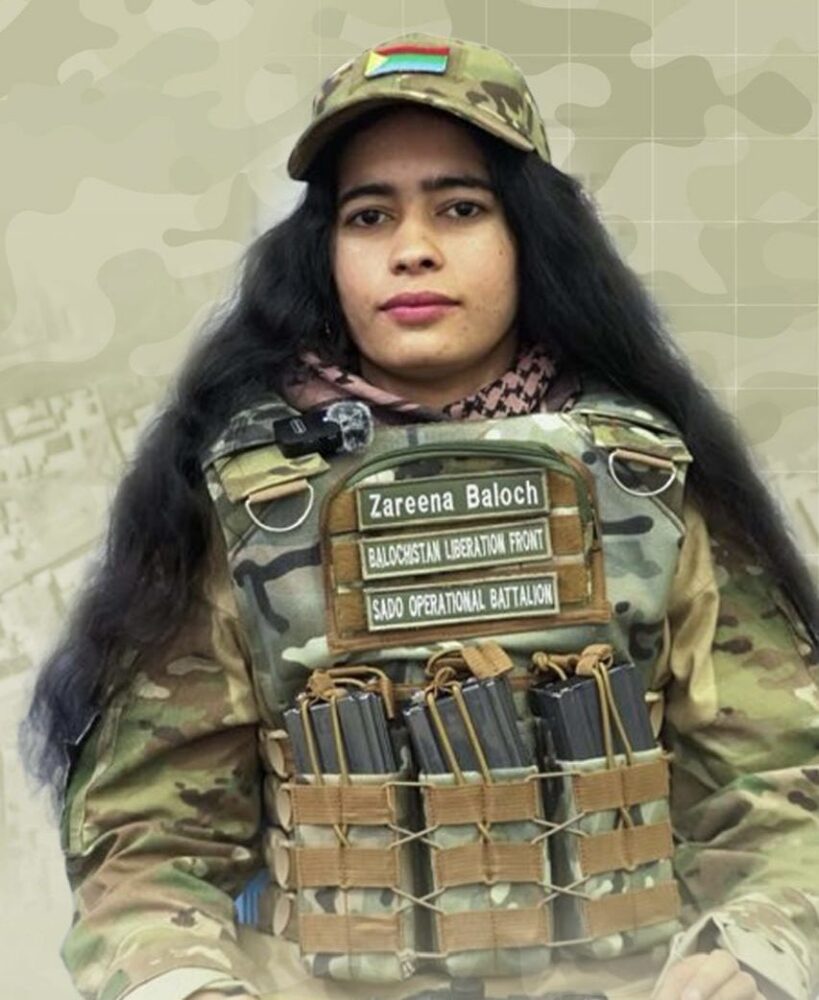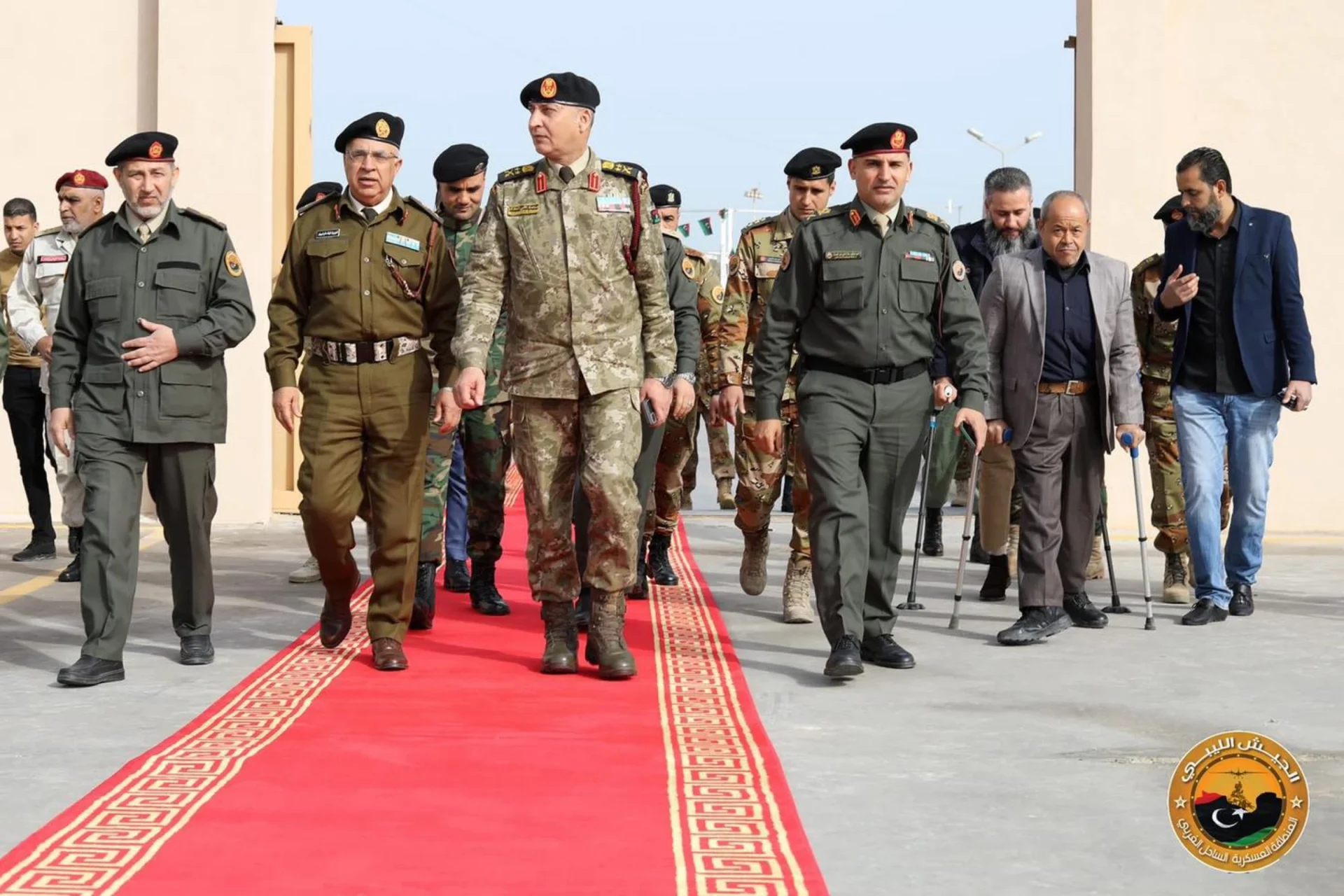
Majid bin Muhammad al-Majid: The New Commander of the Abdullah Azzam Brigades
Majid bin Muhammad al-Majid: The New Commander of the Abdullah Azzam Brigades
The controversial Abdullah Azzam Brigades, an al-Qaeda-linked terrorist network that has been operating throughout the Middle East in recent years, named Majid bin Muhammad al-Majid its amir on June 19 (Jihadology.net, June 20; Al-Jazeera, June 20; Assafir, June 20). Majid is an obscure Saudi national included on Saudi Arabia’s list of 85 most wanted individuals for links to al-Qaeda.
The appointment of Majid as new Amir likely means that the Abdullah Azzam Brigades decided to publicly legalize and affirm its rising status given the mushrooming of alleged al-Qaeda franchises. Majid’s nomination also probably implies that the Abdullah Azzam Brigades has adopted a strict hierarchical structure similar to other well-rooted jihadist organizations. Majid’s nomination as Emir is therefore likely a key step toward further recruitment of new young operatives and advocates. The Abdullah Azzam Brigades might be seeking to tap into the hidden and well-structured tab of global jihad sponsorship. The behind-the-scenes sponsors of global jihad usually prefer to deal with a known and well-structured organization where loyalty to the Emir stands above anything else. All these parameters likely imply that the Abdullah Azzam Brigades might be planning to intensify its operations in the Arabian Peninsula. But this might take some time pending further restructuring and potential nominations of new operatives and military commanders in key positions.
Almost nothing is known about Majid except that he was born in Riyadh on July 31, 1973, according to the Saudi Interior Ministry. Majid does not have an alias, which is a rarity in the world of jihadists. Majid has so far not been named by the United States as a Specially Designated Global Terrorist, despite the fact that two of his alleged associates are on that list. Majid, thus, might be just a spiritual leader with no real operational or visible role in the organization. The Al-Fajr Media Center, which spreads al-Qaeda’s propaganda, had previously released two audio speeches from Majid about Saudi Arabia, but did not identify his role in any jihadi group.
Majid released a statement on June 19, however, dubbed “Al-Sham Spring,” that was circulated on several jihadist forums (Al-Thawra, June 20; Al-Akhbar, June 20). Majid called on Syrians to support the “uprising against the Assad regime,” vowing that further revolutions against Muslim governments would follow. Such a statement is widely seen as an implicit threat mainly to the GCC states and especially to Majid’s home country, Saudi Arabia. Therefore, one can understand the wariness of the Saudi government and its placement of Majid on the list of 85 most wanted individuals. Operatives like Majid and their organizations are being used to infiltrate the Syrian territory and wage attacks against President Bashar al-Assad’s regime. Such tactics might be useful and fruitful in the near term but may eventually destabilize the GCC regimes in the medium term.
It was not surprising therefore, that the United Arab Emirates’ Foreign Minister Shaykh Abdullah bin Zayed al-Nahayan recently called on the GCC states to join forces against the Muslim Brotherhood’s alleged plan to undermine governments in the region (Gulf News, October 8). “The Muslim Brotherhood does not believe in the nation state. It does not believe in the sovereignty of the state,” said al-Nahayan. Besides the Muslim Brotherhood, some GCC governments also fear that other Islamist groups might seek to destabilize their rule.
On August 18, Majid lashed out at Hezbollah’s chief Hassan Nassrallah for Lebanon’s Shiites allegedly supporting the Assad regime (Al-Akhbar, August 19; Assafir, August 19). In a 15-minute speech aired on YouTube, Majid threatened Lebanon’s Shiites with revenge and consequences for their support to Syria’s regime. Majid also warned Lebanon’s Shiites that they will pay for their silence against what he said were crimes committed by the Assad regime against its people. Several top-ranking Lebanese politicians are reportedly potential targets of assassination by Jihadist networks, with the Abdullah Azzam Brigades being the main suspect (Al-Akhbar, August 19; Assafir, August 19). Parliament Speaker Nabih Berri, a Shiite, is reportedly among the key targets. Thus, one cannot underestimate the ability of allegedly small and relatively unknown organizations like the Abdullah Azzam Brigades to carry out lethal and very efficient attacks against selected targets anywhere and anytime in the Middle East.
Perhaps one of the most important figures in the Abdullah Azzam Brigades is also a Saudi national called Saleh al-Qarawi, who is also on the Saudi most wanted list released in 2009. Qarawi is said to be a top military commander in the Abdullah Azzam Brigades. Qarawi was added to the United States’ list of Specially Designated Global Terrorists in December 2011. [1] Saleh al-Qarawi set up the Abdullah Azzam Brigades sometime after 2004 as an offshoot of al-Qaeda in Iraq, according to various sources. Al-Qarawi is currently wanted for extradition by the Saudi government for participating in extremist activities abroad (State Department, December 15, 2011). He is also the target of an Interpol Orange Notice circulated on March 25, 2009, for activities related to terrorism. On May 24, the State Department classified the Abdullah Azzam Brigades as both a Foreign Terrorist Organization, under the Immigration and Nationality Act, and as a Specially Designated Global Terrorist group under Executive Order 13224.
Note
1. Office of the Spokesperson, “Terrorist Designations of the Abdallah Azzam Bridgades,” U.S. Department of State, May 24, 2012, Available at: https://www.state.gov/r/pa/prs/ps/2012/05/190810.htm.


